Blog
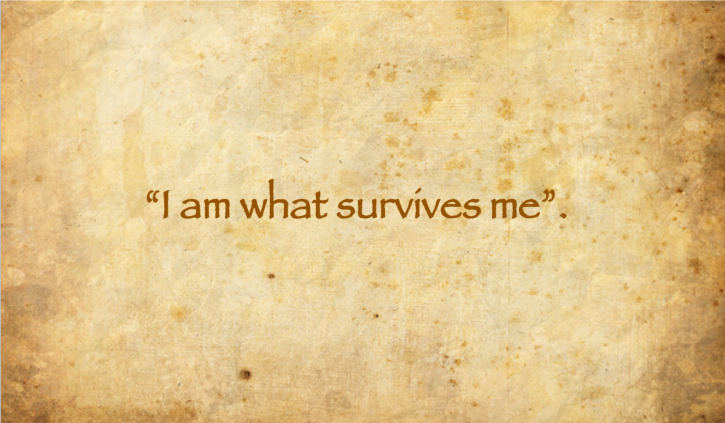
The Rise of Silver Mentors
Written by Ashish Marwah
Mentors, they come in various avatars or forms, at different life stages of our lives to help mould values and impart knowledge by sharing experiences. Being a source of inspiration that helps in our evolution at times also in the spiritual sense. It could be about life in general, about things one loves, a passion to pursue a skill or work in general, formal or informal. The teacher, a guide, the expert, a distant relative and more typical interpretation of according the term within the confines of career development to the boss. And then there is the Silver mentor in the role of the ‘Intern’ Robert De Niro.
The tradition of Mentor is not new. It is the oldest form of learning or schooling. The earliest mention dates back before Greek Mythology. Homer’s classic tale The Odyssey, gave rise to the concept, mentor. Before the hero Ulysses (Latin variant) set off for war, he gave the responsibility of providing guidance to his son Telemachus, in the hands of his trusted friend Mentor.
A lot has been written about the benefits and values of mentoring for young people. What is interesting though is the possibilities of exceptional value that older people derive as Silver Mentors. The outcomes of mentoring can be transformative for emerging communities that are ageing rapidly. There is far reaching opportunity to increase productivity and participation of the ageing world population, by enabling Silver Mentors.
With more living 20 – 30 years beyond the retirement age, we will be in a situation wherein three or more generations will be sharing the same resources such as environment, community, housing, college as well as workplace. It would be prudent to start embracing the potential, our Silver mentors would carry in the future. Indeed there will be ‘reverse mentorship’ too in certain cases, but let’s not lose sight of the population growth trends. In addition, the new emerging Silver cohorts will also be bringing in the ‘Flynn effect’ of increasing IQ scores over the past century. More the need for participation through mentorship.
Singapore is one of the few countries that has taken impressive lead in leveraging ageing population. There are robust initiatives across various ministries which have embraced inclusivity of seniors. There is recurring focus ‘to build a cohesive society with inter-generational harmony’ in social, housing, employment environment.
As emphasised by Ms. Grace Fu, Member of Parliament and Ex. Minister of Culture, Community and Youth, “MCCY recognises the importance of mentoring. Youths who receive mentorship are more likely to be active in the community, more resilient when facing setbacks, and have higher levels of self-esteem and self-confidence. We also recognise that many seniors have the life experience and wisdom that could make them good mentors to youths. Hence, increasing mentoring opportunities, including mentoring of youths by older persons, is one of the key actions we are developing under the SG Youth Action Plan” (Ministry of Culture, Community and Youth, 2020)
Harvesting the experience and knowledge of seniors have many health, emotional and social benefits for them and the extended communities.
Transfer of legacy: “I am what survives me” says psychoanalyst Erik Erickson. Every generation likes to leave their experiences and wisdom behind. Intergenerational civic engagement allows one’s skills, approaches to be passed on and at times also seeing one’s legacy being put in action.
Mental Wellbeing: Mentoring can help keep the seniors’ brains healthier. Studies show improvements in the activities and executive functions of prefrontal cortical regions of senior mentors who are at increased risk of cognitive impairment. (Carlson, et al., 2009) Mentoring can address the risk of Alzheimer’s or those with family history for the same.
Emotional Wellbeing: A study conducted by Harvard Medical School has demonstrated that older people who mentor younger people in work and life are three times more likely to be happier as compared to those who do not engage. (Vaillant G. E., 2015) Encouraging the seniors to take up roles of Mentor can go a long way in their overall emotional health leading to more social connectedness and lower instances of social isolation.
Power of Peer Mentor: It has been observed that there is low participation in certain activities such as long term exercise programs aimed for the seniors. To Increase participation and lower attrition in certain long term programs, enrolling Peer Mentors can be very helpful. Utilizing the Peer mentors model, post training them, can be cost effective instead of hiring professional staff. Besides it engages the recipient ‘Silver mentee’ in long term exercise programs thereby improving their overall health and fitness. (Dorgo, King, Bader, & Limon, Volume 52, Issue 3, May-June 2011)
Our seniors have come a long way, tucking in far more challenges under their belt than we can imagine. And come through they did. Older people are very adeptly suited at mentoring. With age, they bring forth emotional stability and empathy that are essential skills needed to nurture relationship and provide lifelong impacts that are economic too.
January is known as the Mentoring Month. And 17th of January which is Muhammad Ali’s birthday, is celebrated as Mentor Day the world over. So, make that call, send a message, write a mail, tag them. Reach out to your Mentors from yesteryears. Some, Silver today. For there is yet a lot more to learn from and thank them about.
Published on LinkedIn January 17, 2021
Works Cited
Carlson, M. C., Erickson, K. I., Kramer, A. F., Voss, M. W., Bolea, N., Mielke, M., . . . Fried, L. P. (2009). Evidence for Neurocognitive Plasticity in At-Risk Older Adults: The Experience Corps Program. Journal of Gerontology, 117.
Dorgo, S., King, G. A., Bader, J. O., & Limon, J. S. (Volume 52, Issue 3, May-June 2011). Comparing the effectiveness of peer mentoring and student mentoring in a 35-week fitness program for older adults.Archives of Gerontology and Geriatrics, 344-349.
Ministry of Culture, Community and Youth. (06 January, 2020). Retrieved from mccy.gov.sg: https://www.mccy.gov.sg/about-us/news-and-resources/parliamentary-matters/2020/Jan/supporting-inter-generational-mentoring-efforts
Vaillant, G. E. (2015). Triumphs of Experience. The Men of the Harvard Grant Study. Harvard University Press.
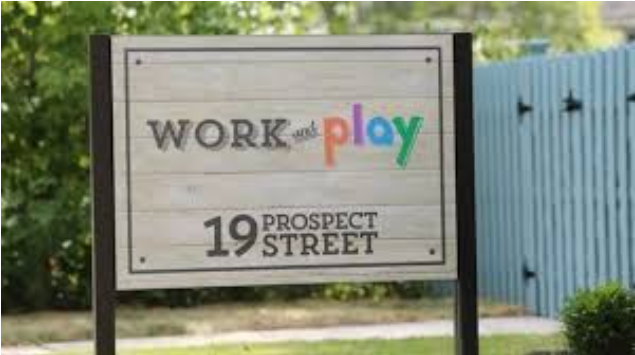
A Requiem for Retirement
Written by Luke Thomas
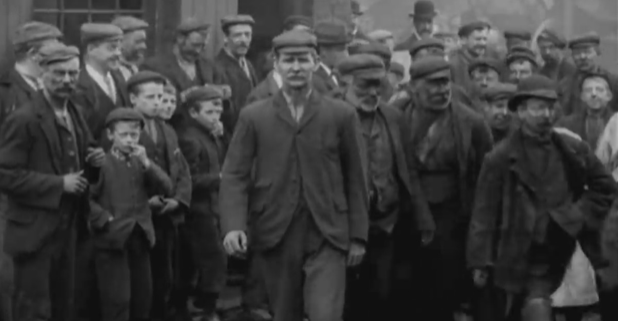
Sequenting: Jettisoning Retirement and financing a multi-stage life
Written by Luke Thomas

Retirement – The lies we tell
Written by Luke Thomas

What for Retirement?
Written by Luke Thomas

Retire beyond work and age
Written by Ashish Marwah
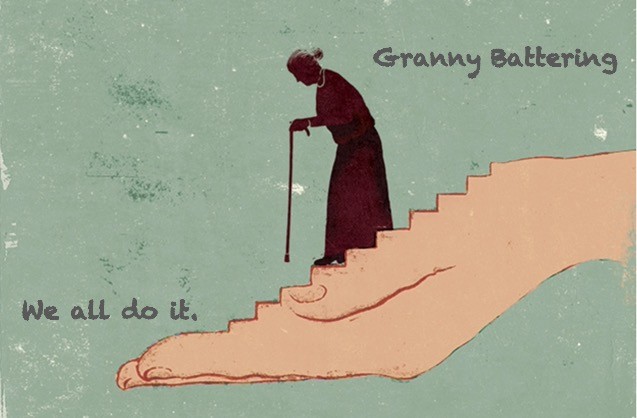
‘Granny Battering’. We all do it.
Written by Ashish Marwah
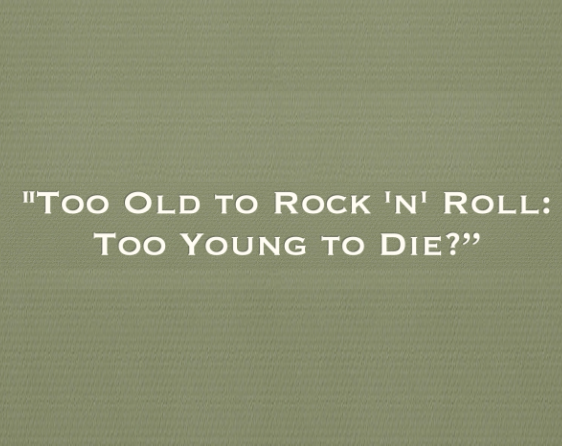
A Point of View on Ageism
Written by Ashish Marwah

Bridging Generational Divides in Your Workplace
Written by Debra Sabatini Hennelly and Bradley Schurman

Must Gig-workers Pay Tax?
Written by Prisca Ang, Straits Times
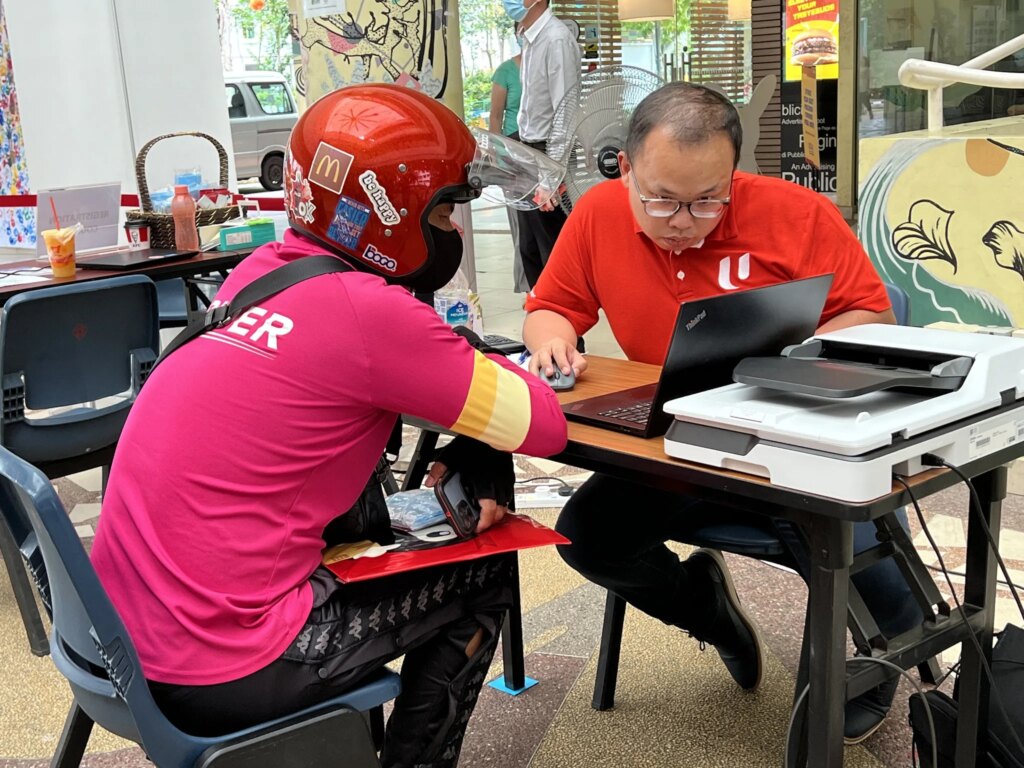
Eligible Platform Workers Get CPF Boost
Written by Chor Kieng Yuit, Straits Times

More Companies Are Using Marketplaces To Find Freelance Workers
Written by Luke Thomas

Hiring Independent Professionals Need Not Be Painful
Written by Luke Thomas